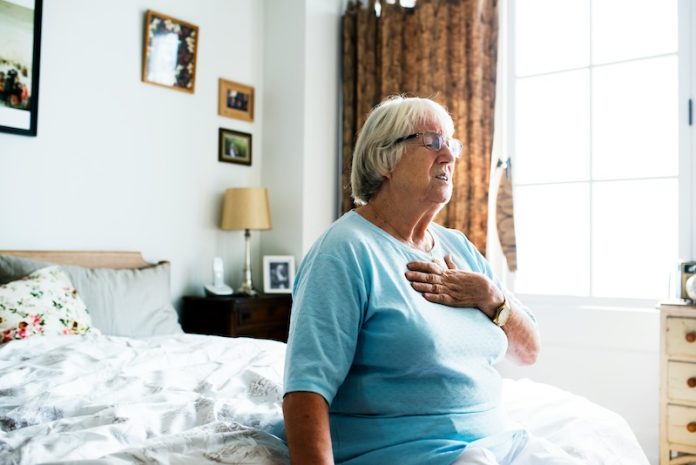
Imagine this: you’re alone and suddenly feel a sharp, crushing pain in your chest. The pain spreads to your arm, maybe your jaw. You think, “Could this be a heart attack?” What you do next could save your life.
Most people never think about what to do if they have a heart attack while alone. But it’s something everyone should know, just in case. Acting quickly and smartly can make a big difference.
A heart attack happens when blood can’t get to a part of the heart because of a blockage. Without enough oxygen, the heart muscle can start to die. This is very serious and can be deadly if not treated right away.
Some signs of a heart attack include pain or pressure in the chest, pain in the arms, back, neck, jaw, or stomach, shortness of breath, sweating, feeling sick, or feeling dizzy. These signs may be strong or mild, but they should never be ignored.
Here’s what you should do immediately if you think you’re having a heart attack and you’re alone:
First, call emergency services right away. Don’t wait to see if the pain goes away. The faster help arrives, the better your chances of survival. If you have a smartphone with voice control, use it to call if you can’t move easily.
Second, if you have aspirin nearby—and you’re not allergic or have been told not to take it—chew one 325 mg tablet. Chewing helps it work faster in your body. Aspirin can stop blood clots from getting worse, which may help keep the heart attack from doing more damage. Don’t take aspirin just in case, though. Always check with your doctor first.
Third, try to stay calm. Fear and panic can make things worse by making your heart work harder. Sit down in a relaxed, upright position. This helps take pressure off your heart.
There are also a few things you should not do:
Don’t ignore the signs. Some people think they can “wait it out” or that it’s just stress or indigestion. But every minute matters.
Don’t drive yourself to the hospital. If your heart gets worse while you’re driving, you could hurt yourself and others. Paramedics can begin treating you as soon as they arrive, which gives you a better chance.
Don’t take a bath or shower. Hot water can make your heart work harder, which is dangerous during a heart attack.
Doctors call the first hour after heart attack symptoms start the “golden hour.” If you get help in this time, your chances of recovery go up and damage to the heart can be reduced. That’s why it’s so important to act fast.
The best way to stay safe is to be prepared. Know the signs. Keep emergency numbers where you can find them quickly. Talk to your doctor about your risks. And always have a plan in case something happens.
Even if you’re alone, you can still take life-saving steps. Knowledge and quick action could make the difference between life and death.
If you care about heart health, please read studies about how vitamin D influences cholesterol levels, and what we know about egg intake and heart disease.
For more health information, please see recent studies about best supplements for heart disease prevention, and wild blueberries can benefit your heart and brain.
Copyright © 2025 Knowridge Science Report. All rights reserved.



